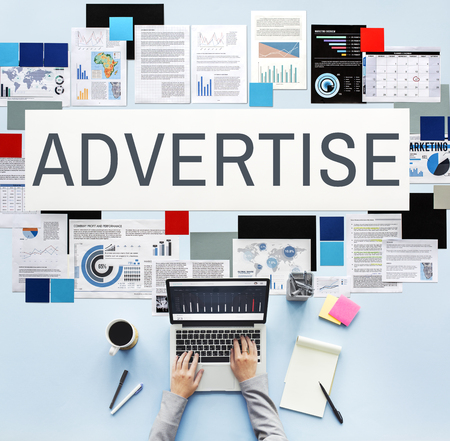Problems with advertising on too many sites

While it’s true that more people seeing your ad can potentially mean more business, the reality is that you can create serious issues by blasting your ads over too many websites. Sure, more people will see the ads that you put out, but how many are actually your target audience and how much are you paying for these campaigns? Seeing any sort of return on investment with this mass marketing approach is very unlikely, and it will only end up creating issues like those outlined below:
Low quality sites
While most publishers use advertising on their sites in a legitimate fashion, there are others who just want to make as much money as possible. How they achieve this is by loading their pages with many ads and even delivering fake impressions and clicks, all of which runs up your advertising bill without you ever seeing any sort of financial return. Fake clicks mean no chance of a sale for you, which can bleed your ad budget dry very quickly.
Less visibility vs. wrong visibility
Some advertisers who place ads on every site possible will argue that they are increasing their visibility and reach, but at what cost? Not only are you running the risk of fraudulent ad reporting and illusion of a positive ROI, you are placing ads in front of people who have zero interest or even negative interest in what you are offering. This is what is known as wrong visibility. In this case, it is better to have less visibility, which means more selected and higher quality audience.
Increased ad management
The more websites and ad placements that you have to deal with, the tougher it becomes to manage all of your campaigns. Are all of your ads being displayed correctly on the websites that they should appear on, and are you up to date with all your reports and payments? Things can quickly become a logistical nightmare when you spread yourself too thin.
Non-standardized ad reporting
There is a very strong possibility that you are going to receive very different reports, if any at all, from different sites, which makes it tough to see how and where your ads are performing well. It also takes a ton of time to go through all these individual reports for audit purposes and sort out real data that would help optimize existing campaigns and plan for future campaigns.
Less control over ad placements
In order to obtain scale and reach, you might have to use ad networks or ad exchanges, which provide a quick and easy way to get your ads out. However, it means less control over the exact placements of your ads and raises questions about data reliability and vendor reputation. Real data from your ads is important for all campaigns, as it tell you if your money is being well spent or essentially flushed down the toilet.
Premium and niche sites only
The more effective way to advertise is to go after your target audience, and that means focusing on or sticking to premium and niche sites. You can be more sure that your message will reach actual people who have real interests in it, not fake traffic from robots or remote/junk viewers. The ad reports you receive from the
publisher's ad server can be audited and monitored more closely since there will be fewer of them. Sure, there will be fewer people seeing your ads, but you will in turn have a higher percentage of people actually interested in buying from you and the ROI is not padded or inflated with unknown or questionable traffic. Since leads, conversions and sales are ultimately what drive your business, niche and targeted sites are the way to go.
Related
- Problems with a low click-through rate
"Click-Through Rate (CTR) is a metric that measures the percentage of users who click on an ad after seeing it. For example, a 1% CTR means that there are about 10 clicks for every 1000 impressions. " More
- Should you buy traffic to your site to increase advertising revenue?
"Back in the early days of the Internet, it was not uncommon to see sites with traffic counters located somewhere on the main page. It was assumed that the sites with the largest numbers had to be the most successful, but that was, and still is, not always the case. " More
- Advantages of having your own adserver
"The vast majority of website owners increase their revenues by having interesting ads on their websites. However, there are still many people out there who know little about how ads show up on a screen. " More
 While it’s true that more people seeing your ad can potentially mean more business, the reality is that you can create serious issues by blasting your ads over too many websites. Sure, more people will see the ads that you put out, but how many are actually your target audience and how much are you paying for these campaigns? Seeing any sort of return on investment with this mass marketing approach is very unlikely, and it will only end up creating issues like those outlined below:
While it’s true that more people seeing your ad can potentially mean more business, the reality is that you can create serious issues by blasting your ads over too many websites. Sure, more people will see the ads that you put out, but how many are actually your target audience and how much are you paying for these campaigns? Seeing any sort of return on investment with this mass marketing approach is very unlikely, and it will only end up creating issues like those outlined below: